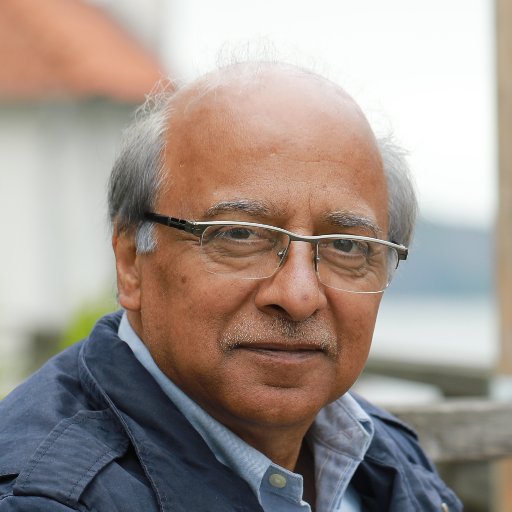
Imtiaz Gul
In a late night sharp reaction to recent statements by Pakistan’s Foreign Minister Shah Mehmood Qureshi, the Afghan Ministry of Foreign Affairs in Kabul says it “believes that relying on policy of good neighbourhood, Pakistan needs to take practical steps towards enhancing bilateral ties in various areas and refrain from making such “irresponsible” statements regarding the internal affairs of Afghanistan”.
Qureshi had on March 1 urged the Afghan leadership and the Taliban to be flexible on the conditions contained in the US-Taliban peace deal signed in Doha on February 29.
But – if President Ghani’s public remarks since the signing of the deal are any indicator – the Kabul protest against FM Qureshi fits a discernible pattern; rub in Pakistan’s name as much as possible.
It seems, President Ghani refuses to stop singling out Pakistan for his country’s ills. He told media hours before the Feb 29 peace deal that key issues such as the Taliban’s ties with Pakistan and other countries that had offered it sanctuary to what he called terrorist groups and drug cartels, and the place of Afghan security forces and its civil administration, need to be discussed first.
He made those remarks in the presence of Mark Esper, the US defense secretary on Feb 29, reiterated the same in a CNN interview and then made a direct reference to Pakistan on
March 3 in a Ningarhar public meeting, where he also brought up the Taliban demand of the release of prisoners.
“I know they have a condition (release Taliban prisoners) for the intra-Afghan dialogue but Taliban will have to tell us when are they breaking off from Pakistan (relations with Pakistan),” he told the audience.
It was the third time since signing of the deal that he brought up Pakistan’s name.
Even a couple hours before the event in Doha, in the presence of the US defense secretary Mark Esper, Ghani said that the “the negotiating team in Doha will not be empowered to discuss government of
the day and the president’s office” ( who according to the constitution is the guarantor of the rights of the people of Afghanistan).
It is not in the authority of United States to decide” about the swap, because it was “only a facilitator, ….the political consensus … that would be needed for such a major step does not exist today,” he has been telling gatherings in Kabul.
The only discussion with the Taliban is about ending violence and breaking ties with external powers (pointing to Pakistan), he reiterated in Jalalabad.
Quite a remarkable defiance – if viewed against what the top US officials have been saying about the release of the prisoners.
Little does Ghani realise, it appears, that the US administration has moved on, burying the past and charting a new path for peace in Afghanistan, taking Pakistan and other countries along.
And as if to respond to the apparent brinkmanship by Ghani, President Trump spoke with the Taliban chief Mulla Ghani for 35 minutes over phone., saying we “had a good, long conversation today. And, you know, they want to cease the violence. They’d like to cease violence also.”
Where does this leave President Ghani? In a pretty bad situation. That is why he has been venting it out on Pakistan. But will it salvage him politically? Looks difficult, because the peace agreement proposes intra-Afghan dialogue for determining the political future of Afghanistan. Let us see for how long can President Ghani afford to resist step by step implementation of the peace deal?



